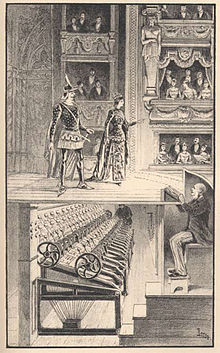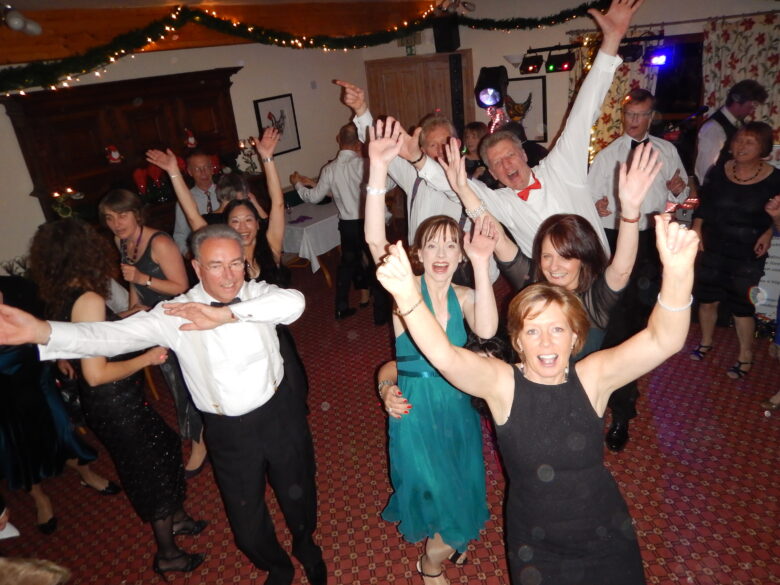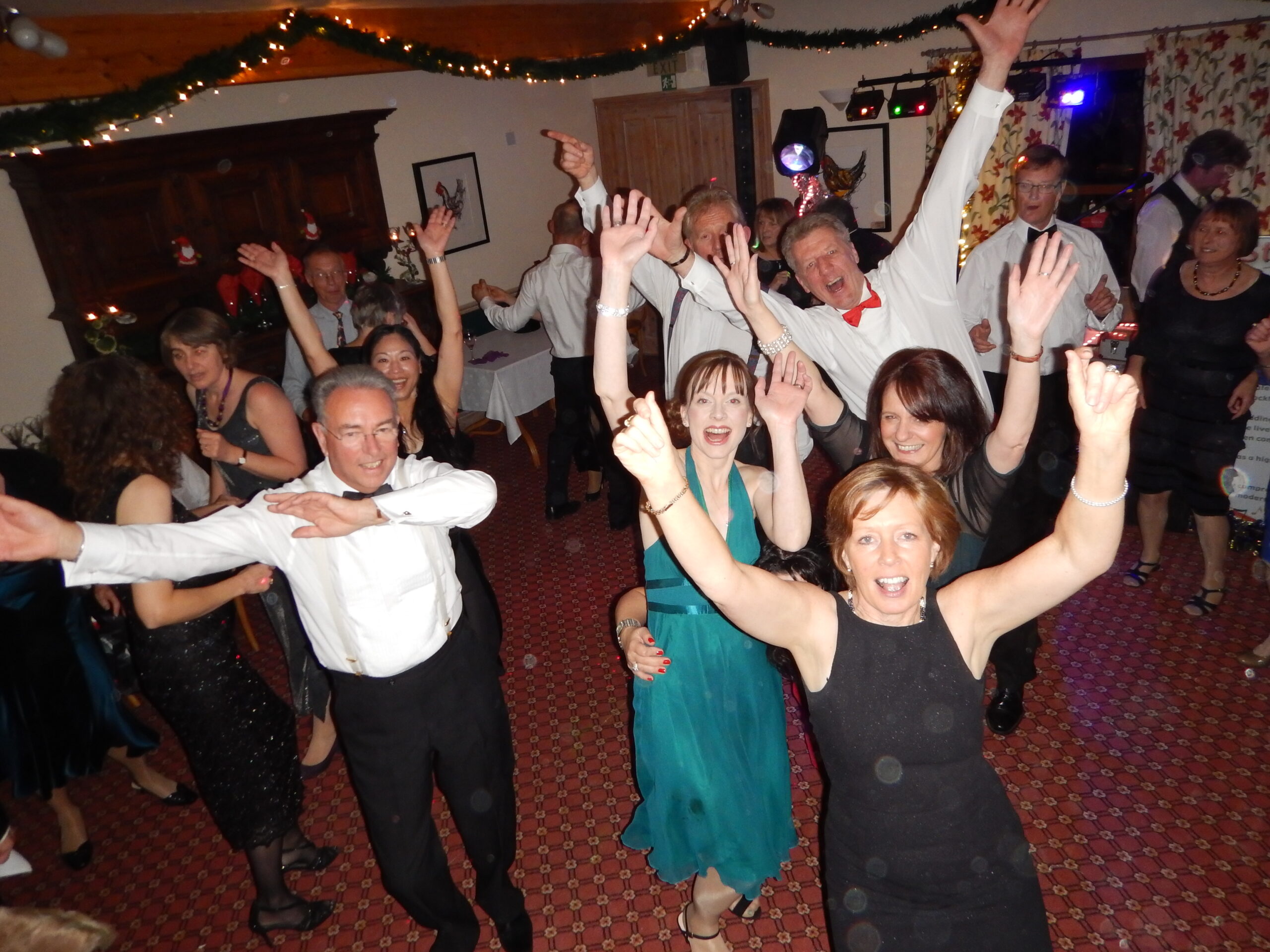HOW TO MAKE A DIFFERENCE!
Throughout the years Abbey Foregate(SURC) Drama Group has donated to various charities by means of money raised through the nightly raffle at productions. The group is extremely grateful for the generosity of our audiences and since 2010 we have raised £12,548 for charities.
Our production in November 2023 was ENCHANTED APRIL and our chosen charity was MIND Due to the generosity of our audiences we were able to raise £589 for this very worthwhile cause.
The chosen charity for our May 2023 production of AND THEN THERE WERE NONE was the Migraine Trust and we were able to donate £522 to this wonderful cause.
Our November 2022 production of STEEL MAGNOLIAS had the subject matter of Diabetes and the group decided that Diabetes UK, Shrewsbury Kids Group would be our chosen charity. They are a small group of volunteers who aim to provide an opportunity for families of young children with diabetes to network with each other through various events held throughout the year. These events provide a relaxed and fun environment in which young people living with Type 1 diabetes and their families can get together, share experiences and learn from each other.
They have held fundraising events in the past and have some funds available going forward and will hold more events now that Covid-19 restrictions have eased. But if they are to achieve all their aims they can only do this by raising funds and by the generous support of organisations and individuals. The amount that was raised at the STEEL MAGNOLIAS raffle was £604 which will be greatly appreciated by the group and we thank you all for your support. We presented a cheque for this amount at the children’s Christmas party on 4th December 2022 at Pontesbury Village Hall.














